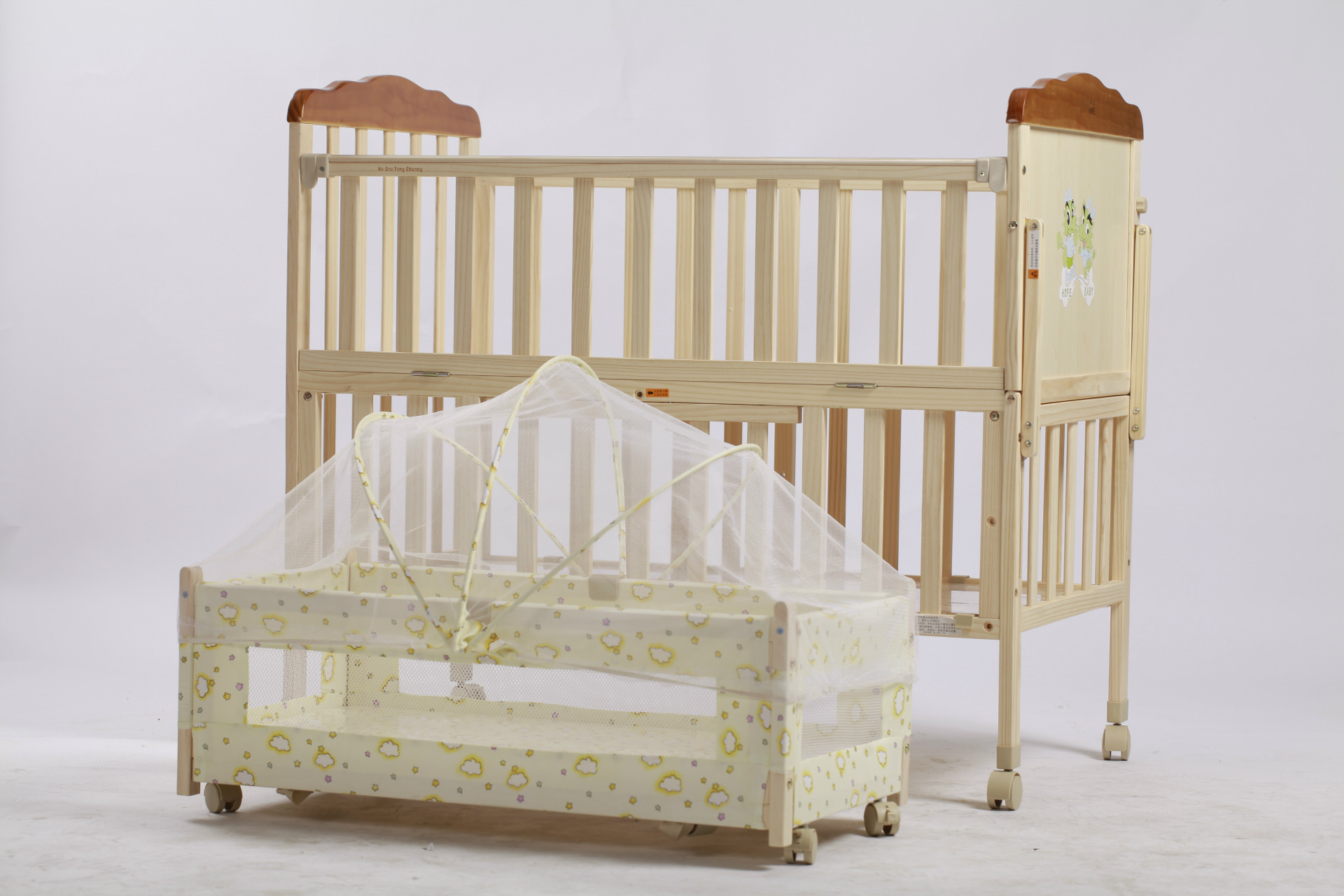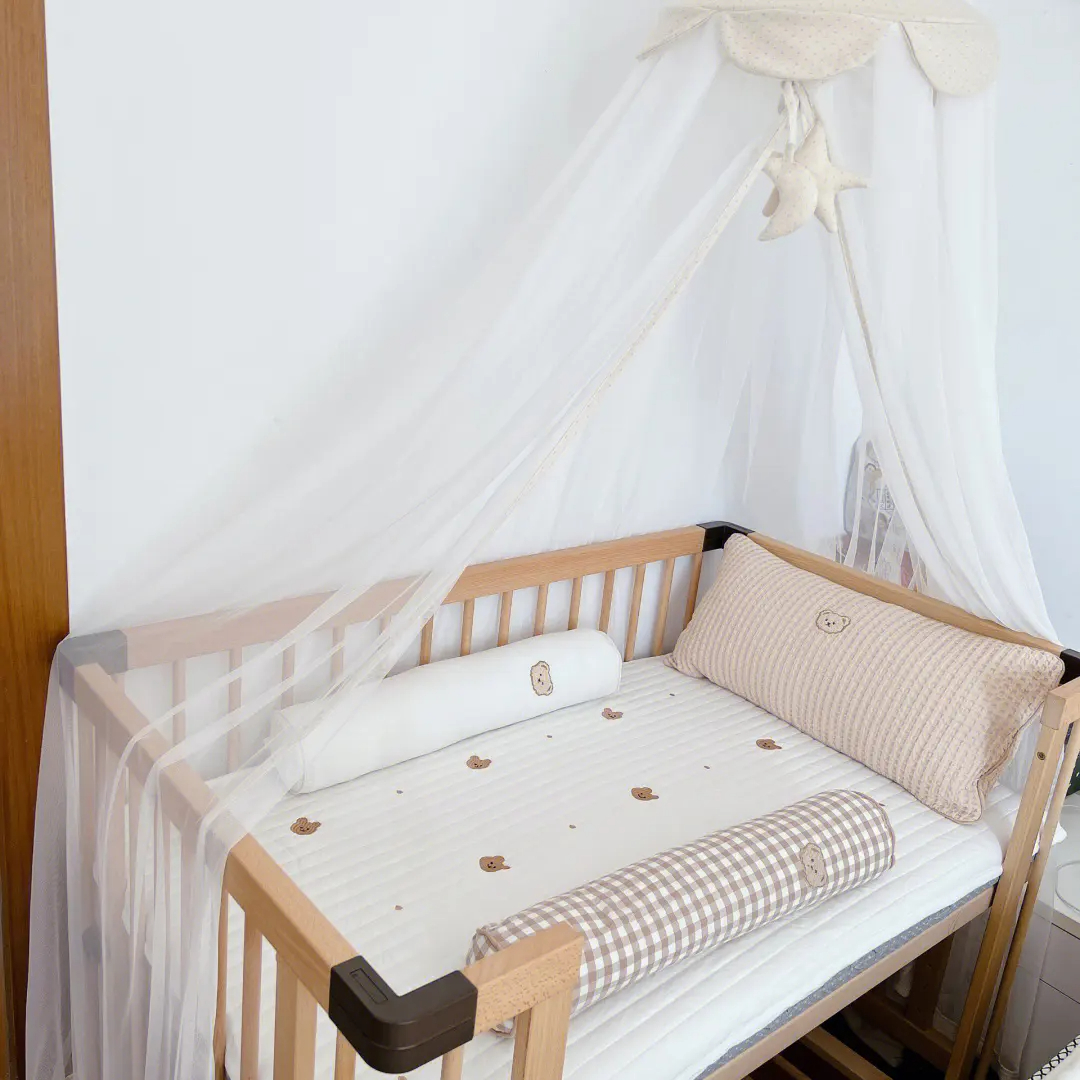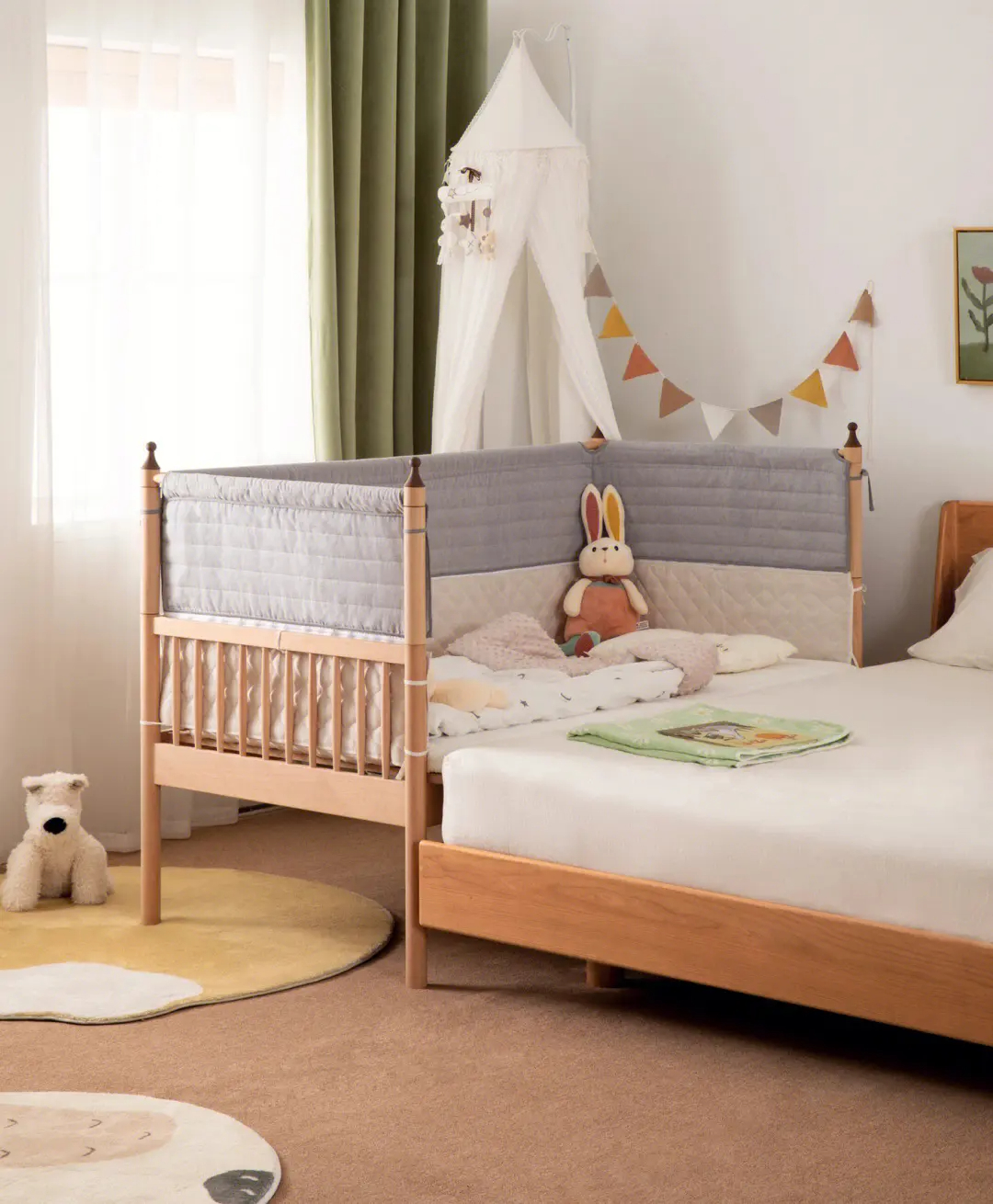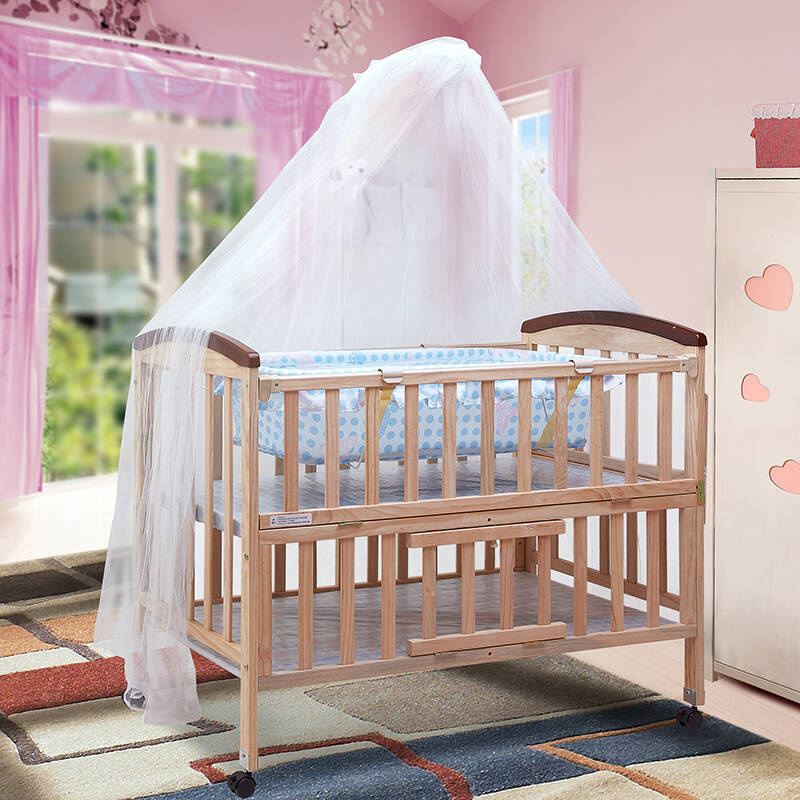Introduction: The Importance of Quality Sleep for Newborns
Welcoming a newborn into the family is a joyous occasion, but it also comes with its challenges, especially when it comes to getting them to sleep soundly in their crib. Quality sleep is essential for a newborn’s growth and development, as it allows their bodies and brains to recharge and thrive. In this comprehensive guide, we’ll explore various sleep solutions and strategies to help your newborn snooze peacefully in their crib, ensuring both baby and parents get the rest they need.

Before diving into sleep solutions, it’s crucial to understand the sleep patterns of newborns. Newborns sleep for shorter periods, typically ranging from two to four hours at a time, and their sleep-wake cycles are often irregular. Additionally, newborns spend roughly half of their sleep time in rapid eye movement (REM) sleep, which is essential for brain development. Understanding these sleep patterns can help parents set realistic expectations and develop effective sleep strategies for their newborns.
Creating a Cozy Sleep Environment: Setting the Stage for Sweet Dreams
The sleep environment plays a significant role in helping newborns settle into sleep. Create a cozy and conducive sleep environment by ensuring the crib mattress is firm and free of soft bedding, pillows, or stuffed animals that could pose a suffocation hazard. Keep the room dimly lit during nighttime feedings to help signal to your baby that it’s time to sleep. Additionally, maintaining a comfortable room temperature, ideally between 68 to 72 degrees Fahrenheit (20 to 22 degrees Celsius), can promote better sleep quality for your newborn.

Establishing a Bedtime Routine: Consistency is Key
Consistency is key when it comes to establishing healthy sleep habits for newborns. Develop a soothing bedtime routine to help signal to your baby that it’s time to wind down and prepare for sleep. This routine can include activities such as a warm bath, gentle massage, reading a bedtime story, or singing a lullaby. Aim to start the bedtime routine at the same time each night to establish a predictable sleep-wake schedule for your newborn.
Implementing Safe Sleep Practices: Reducing the Risk of Sudden Infant Death Syndrome (SIDS)
Safety should always be a top priority when it comes to newborn sleep. Follow safe sleep practices recommended by pediatricians and health experts to reduce the risk of Sudden Infant Death Syndrome (SIDS). Place your baby on their back to sleep, both for naps and nighttime sleep, until they reach one year of age. Ensure the crib is free of loose bedding, bumper pads, and other suffocation hazards. Avoid overheating your baby by dressing them in lightweight, breathable sleepwear, and keep the room well-ventilated.

It’s natural for newborns to wake frequently during the night for feedings and comfort. Be prepared to respond promptly to your baby’s nighttime wakings by offering them a feeding or soothing comfort. Keep nighttime interactions with your baby calm and low-key to avoid stimulating them too much and disrupting their sleep. Consider implementing gentle sleep coaching techniques, such as the “pick-up, put-down” method or controlled comforting, to help your baby learn to self-soothe and settle back to sleep independently.
Seeking Support and Guidance: When to Consult a Pediatrician or Sleep Specialist
If you’re struggling to help your newborn sleep soundly in their crib despite trying various sleep solutions, don’t hesitate to seek support and guidance from a pediatrician or sleep specialist. They can offer personalized advice and recommendations based on your baby’s unique needs and circumstances. Whether it’s addressing underlying medical issues, refining your sleep strategies, or providing reassurance and encouragement, professional support can make a significant difference in helping your newborn develop healthy sleep habits.

Addressing Common Sleep Challenges: Troubleshooting Tips for New Parents
Even with the best intentions and strategies in place, new parents may encounter various sleep challenges with their newborns. Let’s explore some common issues and troubleshooting tips to help you navigate these hurdles effectively:
1. Difficulty Falling Asleep: If your newborn struggles to fall asleep in their crib, try incorporating soothing techniques such as gentle rocking, swaddling, or using white noise machines to create a calming environment. Experiment with different methods to see what works best for your baby.
2. Short Naps: Some newborns have difficulty napping for extended periods. Encourage longer naps by ensuring your baby’s sleep environment is conducive to rest, such as keeping the room dark and quiet during nap times. Additionally, pay attention to your baby’s sleep cues and try to put them down for a nap before they become overtired.
3. Nighttime Fussiness: Nighttime fussiness is common among newborns and can be attributed to factors such as hunger, discomfort, or overstimulation. Address your baby’s needs promptly by offering comfort, feeding, or checking for signs of discomfort such as a wet diaper or tight clothing. Keeping nighttime interactions calm and soothing can help your baby settle back to sleep more easily.
4. Sleep Regression: Around the age of 4 months, some babies experience sleep regression, where they may have trouble falling asleep or wake more frequently during the night.
5. Transitioning to the Crib: Transitioning from co-sleeping or a bassinet to a crib can be challenging for both babies and parents. Gradually introduce your baby to their crib by incorporating it into their sleep routine for naps or starting with short periods of time during the night. Offer plenty of comfort and reassurance during this transition to help your baby feel secure in their new sleep environment.
Conclusion: Nurturing Healthy Sleep Habits for Your Newborn
Getting a newborn to snooze soundly in their crib is a common challenge for many parents, but with patience, consistency, and the right strategies, it’s entirely achievable. By understanding your baby’s sleep patterns, creating a cozy sleep environment, establishing a bedtime routine, implementing safe sleep practices, responding to nighttime wakings, and seeking support when needed, you can nurture healthy sleep habits for your newborn and set the foundation for a lifetime of restful sleep. Remember, every baby is unique, so be patient and adaptable as you navigate the journey of newborn sleep together.
